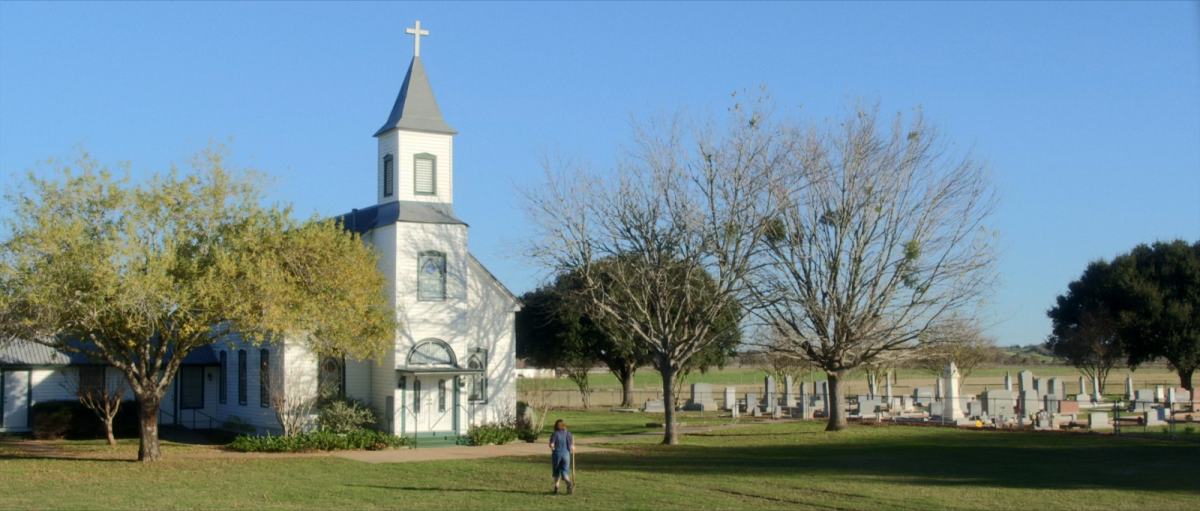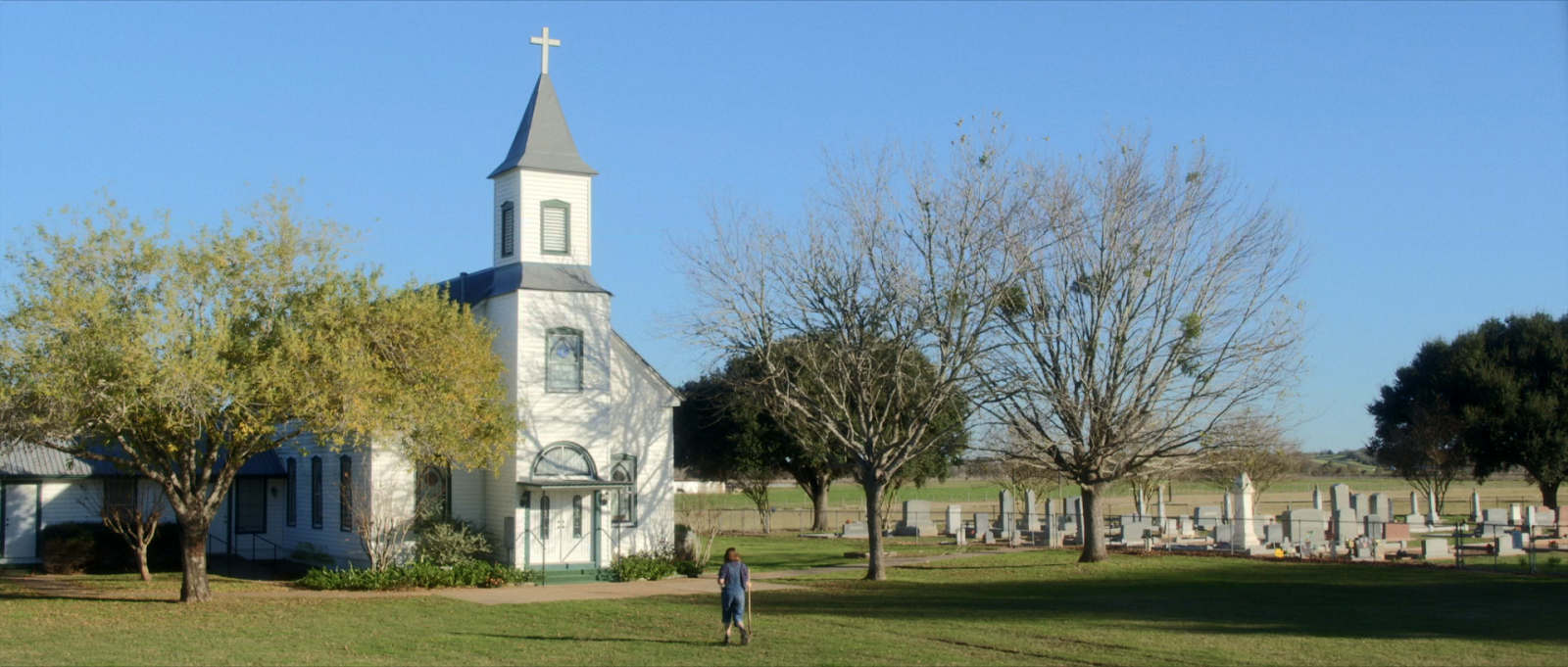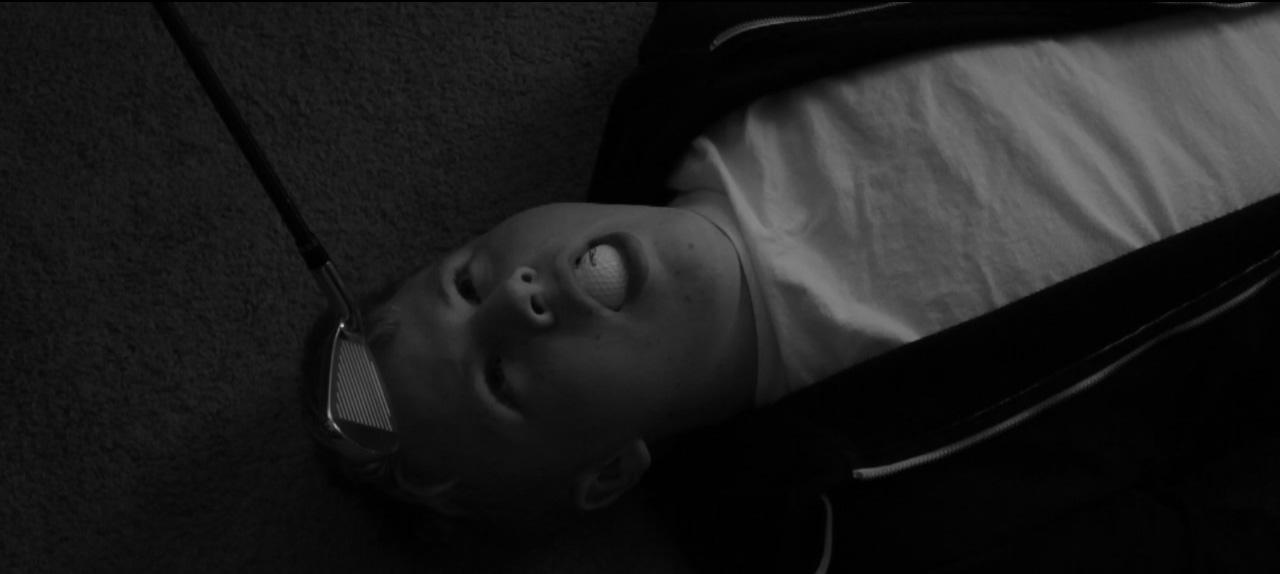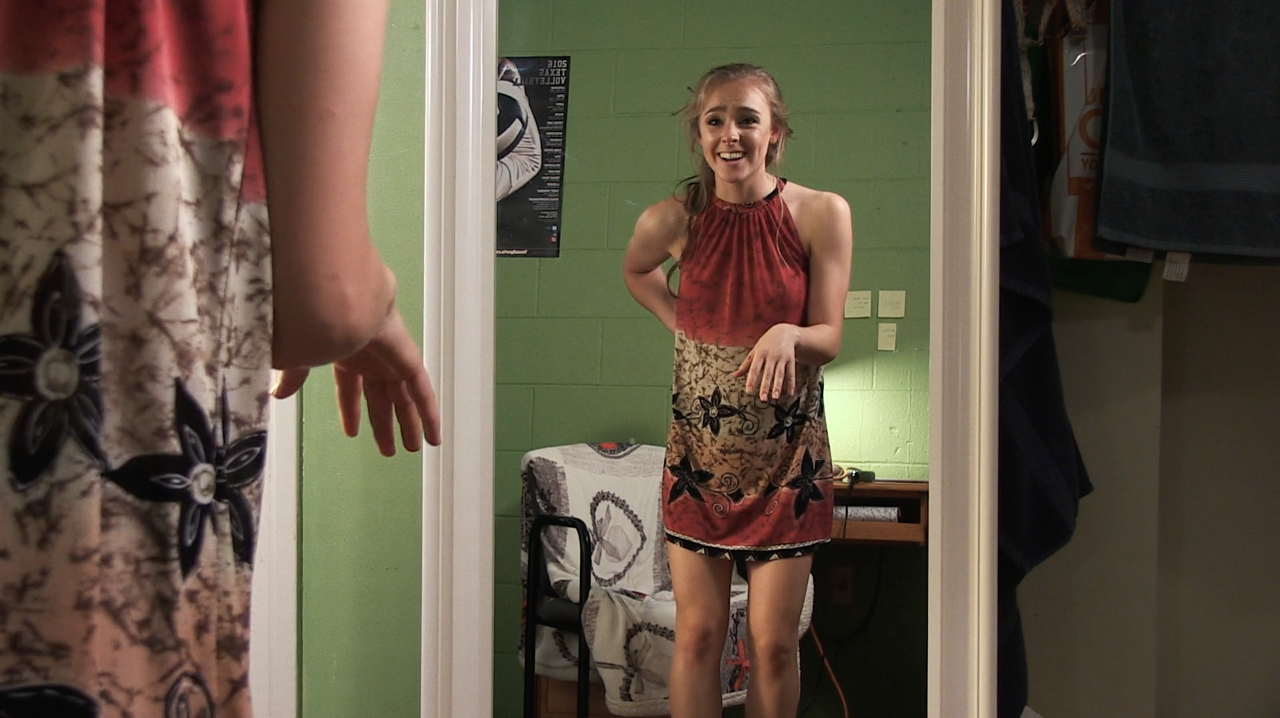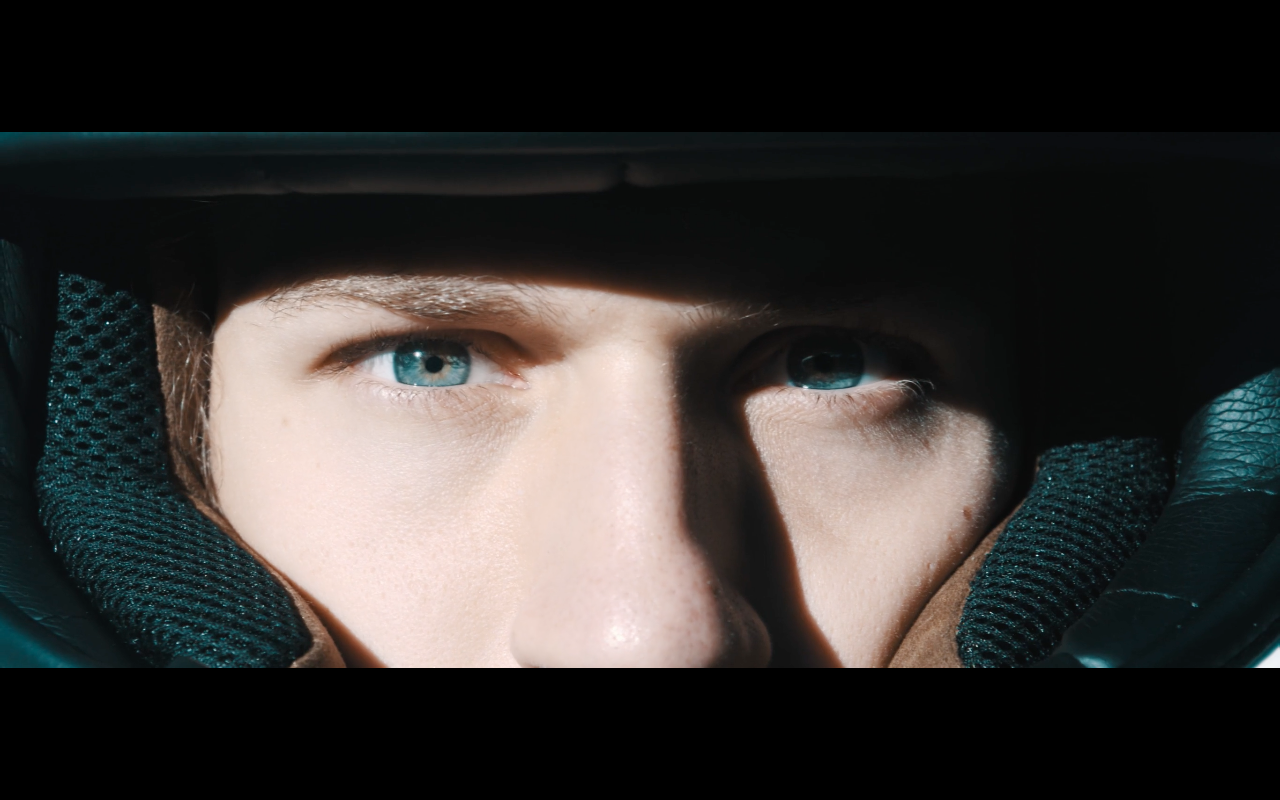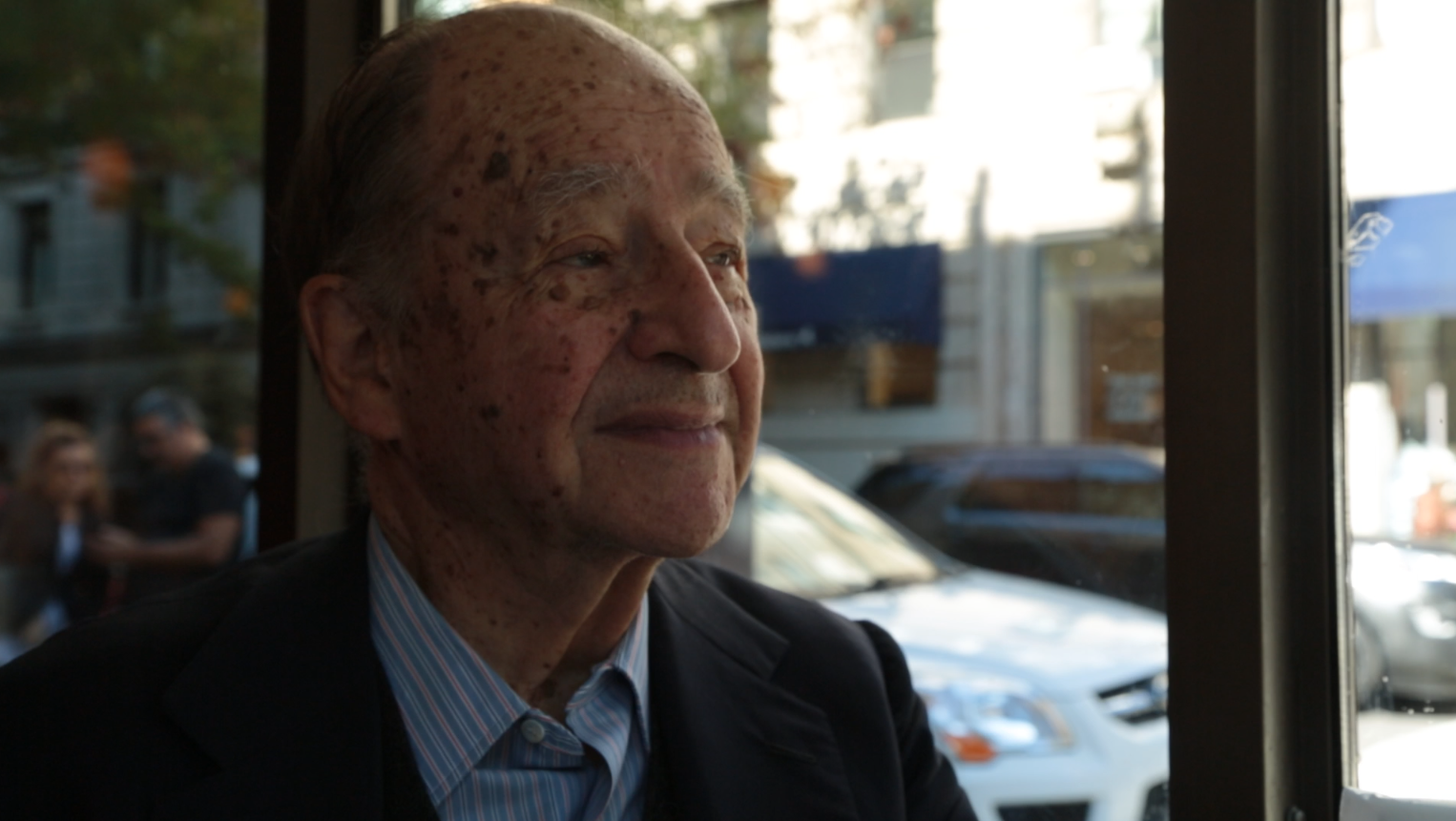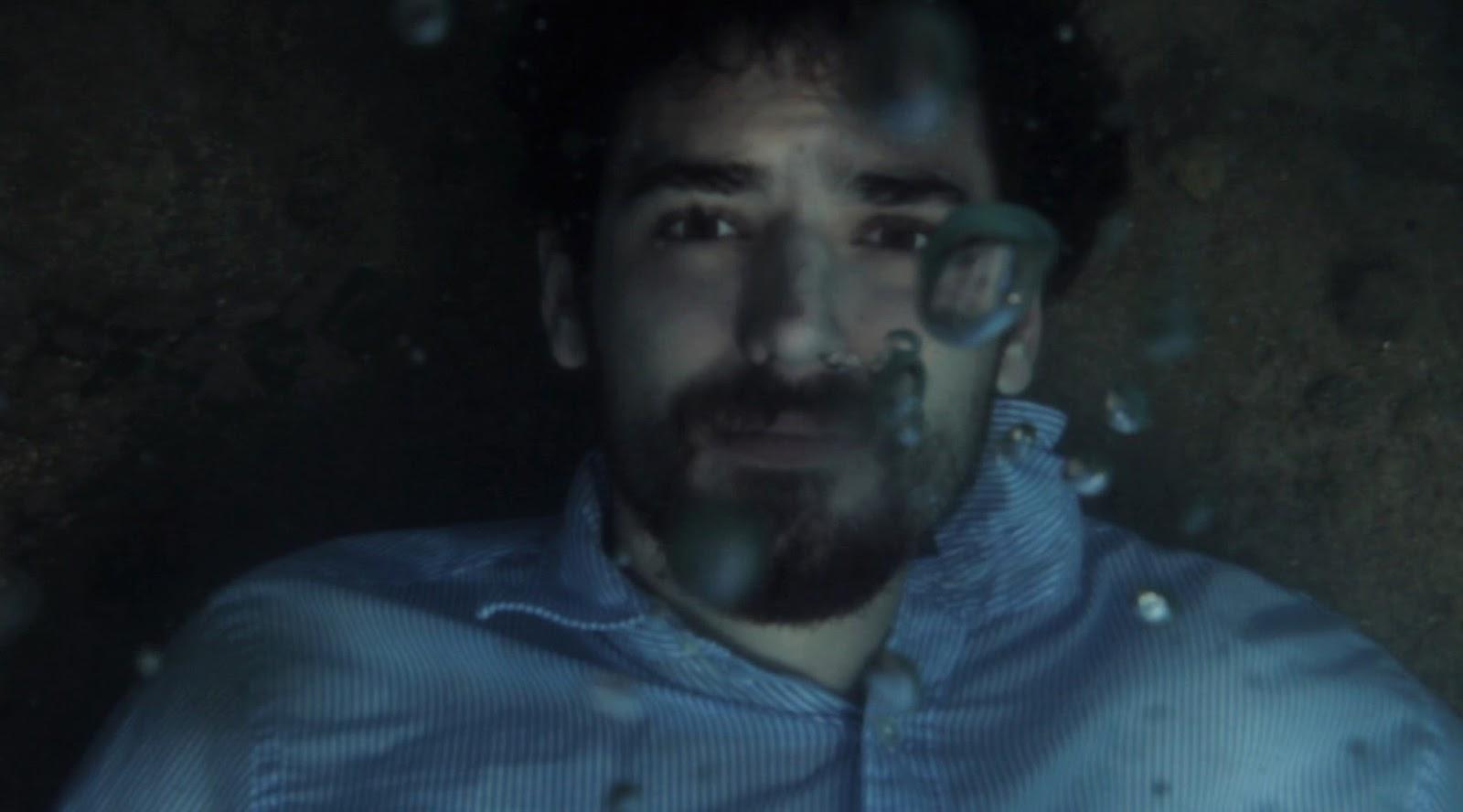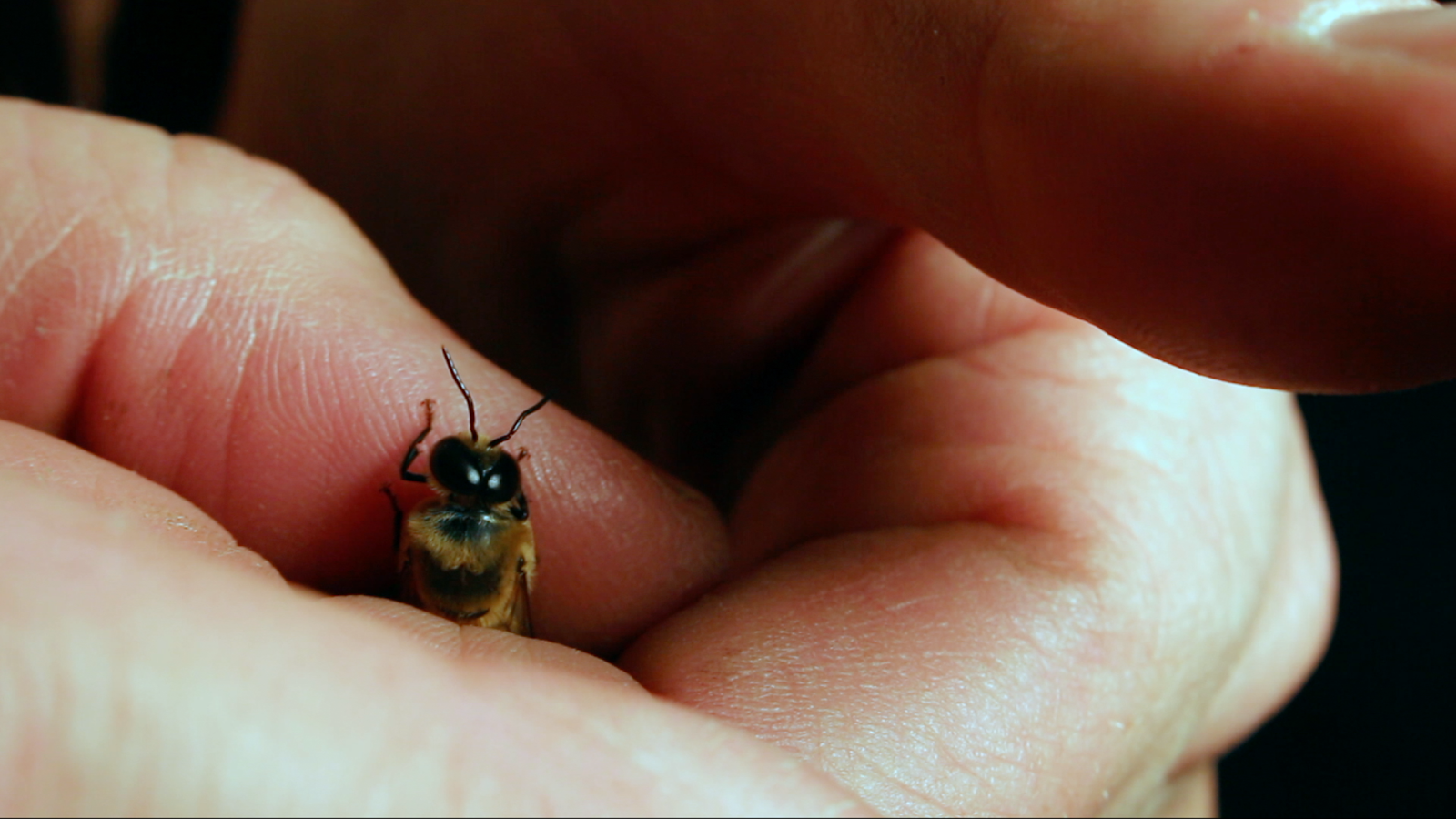Campus Events + Entertainment is holding the eighth annual Texas Union Film Festival on Thursday. This year, they received 30 submissions, according to co-directors Phoenix Zorola and Samuel Rinkacs. Twelve films were selected to be shown on Thursday, and will be judged by Thomas Schatz and Micah Barber from the Department of Radio-Television-Film in the Moody College of Communication and Harrison Glaser, director of the Austin Film Festival. The first place winner will win a South by Southwest pass, second place will win access to the Austin Film Festival, and third place will be awarded a two terabyte hard-drive.
Story by Danielle Drews
According to Zorola and Rinkacs, the judges are asked to look for technical proficiency (how well the film is made, the quality it has, etc.), creativity, success in telling a story and a focused narrative. Zorola says that the festival, which was created by a committee of film students eight years ago, has become a staple of student life.
ORANGE spoke to seven graduate and undergraduate students whose films are showing at the festival. Here’s some insight into the inspiration of their films.
“Barrow” by Daniel Earney
Photo courtesy of Daniel Earney.
Earney is an RTF graduate student who decided to pursue a career in filmmaking after working as a broadcaster for NASCAR for two years. He started shooting his film in December of 2015 and finished in May. “Barrow,” Earney’s second short film, is about a girl whose mother dies and requests that her body be buried in the graveyard of the local church. The preacher denies the girl’s request, but she decides to honor her mother’s wishes anyway. Inspired by southern gothic writers like Faulkner, Earney wanted to create a southern gothic film, something he says is rare because many southern gothic films are adaptations of books, which gives his film a unique approach. “I think the whole thing I wanted to get across the most was doing what you think is right [and] sticking to your guns,” Earney says. “I also want people to be a little shocked.”
“Fore” by Preston Ray
Photo courtesy of Preston Ray.
Ray is a third-year English and RTF double major who has made 30 films, with “Fore” being his second film shown at a festival. “Fore” is a slapstick comedy about a man who goes golfing, and experiences some mishaps along the way.” Ray made his film in Dallas over winter break. He became interested in making films and videos during his sophomore year of high school, intrigued by the idea of getting paid for YouTube videos. With “Fore,” Ray experimented with a higher frame rate—48 frames per second instead of the traditional 24. Movies like “The Hobbit” inspired him to try this style, while the inspiration for his film’s storyline comes from old silent films and figures like Buster Pete and Charlie Chapman. “I don’t know if there’s a moral to the story, but I hope [the audience] likes it and finds it entertaining,” Ray says. Besides experimenting with a faster frame rate, Ray also implemented visual storytelling and included no dialogue in the film.
“The Date” by Max Kaplow
Photo courtesy of Max Kaplow.
Kaplow is a screenwriting graduate student, and “The Date” is his first short film as a graduate student. Kaplow created the film last semester for a production workshop for screenwriters. “The film is about two college-aged students who are preparing for their first date together in their respective apartments. Despite the characters never being on screen together, they still respond to one another. “The way they interact is as if they are talking,” Kaplow says. “The story is told through the cut.” The inspiration behind the film came from Kaplow’s realization that many people share similar anxieties and feelings of isolation. “We as people all have anxieties and fears which make us feel alone,” Kaplow says. “The only way to feel less alone is to realize that you’re not the only one.” The one thing that Kaplow wants people to take away from his film is a sense of connection. “We don’t have to hide our fear and mask that from the world, Kaplow says. “We’re all more similar than we think.”
“Ride” by Christian Rusli
Photo courtesy of Christian Rusli.
Rusli is a third-year RTF major, his film “Ride” is the first film that he has ever directed. “Ride” is about an ex-motorcycle racer who was in an accident that scarred him psychologically, making him unable to ride his motorcycle. His father, seeing the emotional pain he’s in, devises a plan to get him back on the bike. Rusli says the film explores the relation between “a man and his father and a man and his bike.” Many people view cars and bikes as inanimate objects, but Rusli says they take on a personality of their own.“You really get a sense that the bike is a living thing in this film,” Rusli says. Rusli was inspired by the bike featured in the film, a bike that he and his friend, director of photography David Parrella, have been working on for the past few years. “I want people to watch [my film] and realize the the appreciation they have for loved ones in their lives that care about them,” Rusli says.
“935 Park Ave.” by Katherine Propper
Photo courtesy of Katherine Propper.
Propper is a film production graduate student, and the only female filmmaker being featured in the festival. Her film “935 Park Ave.” is a documentary that depicts a day in the life of her grandfather. A very personal documentary, Propper’s film is shot cinema verite style, which she defines as unscripted, real life filmmaking. She followed her grandfather around his typical day in New York City, instead of sitting him down for an interview like most traditional documentaries. “I think my grandfather has a really charming presence, and my favorite thing about him is his sense of humor and his ability to relate to people,” Propper says. Propper says she hopes to instill the importance of documentaries and one’s own family history while “spark[ing] the idea to do the same with their own families.”
“Trapped” by Marshel Reed
Photo courtesy of Marshel Reed.
Reed is a second-year RTF major, and his film “Trapped” is his second film. Reed describes his film is a psychological thriller in which one tries to stay awake because he has nightmares that he can’t figure out while he’s asleep. Reed produced, edited and directed photography, while co-directing with partner and writer Trevor Hooper. Aside from entertaining the audience, Reed hopes that people will appreciate the work it takes to create each shot, and that each shot will make the viewer more curious about the film. Compared to a lot of other films, Reed calls his style of filmmaking “guerilla style” because there were only two of them working the camera with two actors (Hector Farias and Katherine Nelson). Reed tried new techniques not normally seen in student films like different kinds of lighting and underwater shots.
“Bee Human” by Dylan Tidmore
Photo courtesy of Dylan Tidmore.
Tidmore is a senior RTF major. “[Bee Human]” is “the first piece I’m proud of [because] I was able to put everything together and learn its role,” Tidmore says. He developed the idea, shot the film, directed, worked with sound and edited it by himself. “Being able to do all those things helped me see the different aspects of film that need to be present to make it complete” Tidmore says. “Bee Human” is a documentary that compares the societal structure of honeybees to human structures. Tidmore chose to compare the society of bees to the society of humans, believing it will address the complex nature of humans. “Even though we are the most intelligent beings in the universe, we still don’t know what structure fits us best,” Tidmore says.Tidmore says that honey bees naturally develop a perfect, matriarchal, communist society, which he finds interesting because of the inconsistent rise and fall of human civilizations. Tidmore says that he hopes that the film will get people to look at the world in a way we haven’t so far. “[The film] is a little experimental in the way that it’s presented which makes it unique,” Tidmore says.































